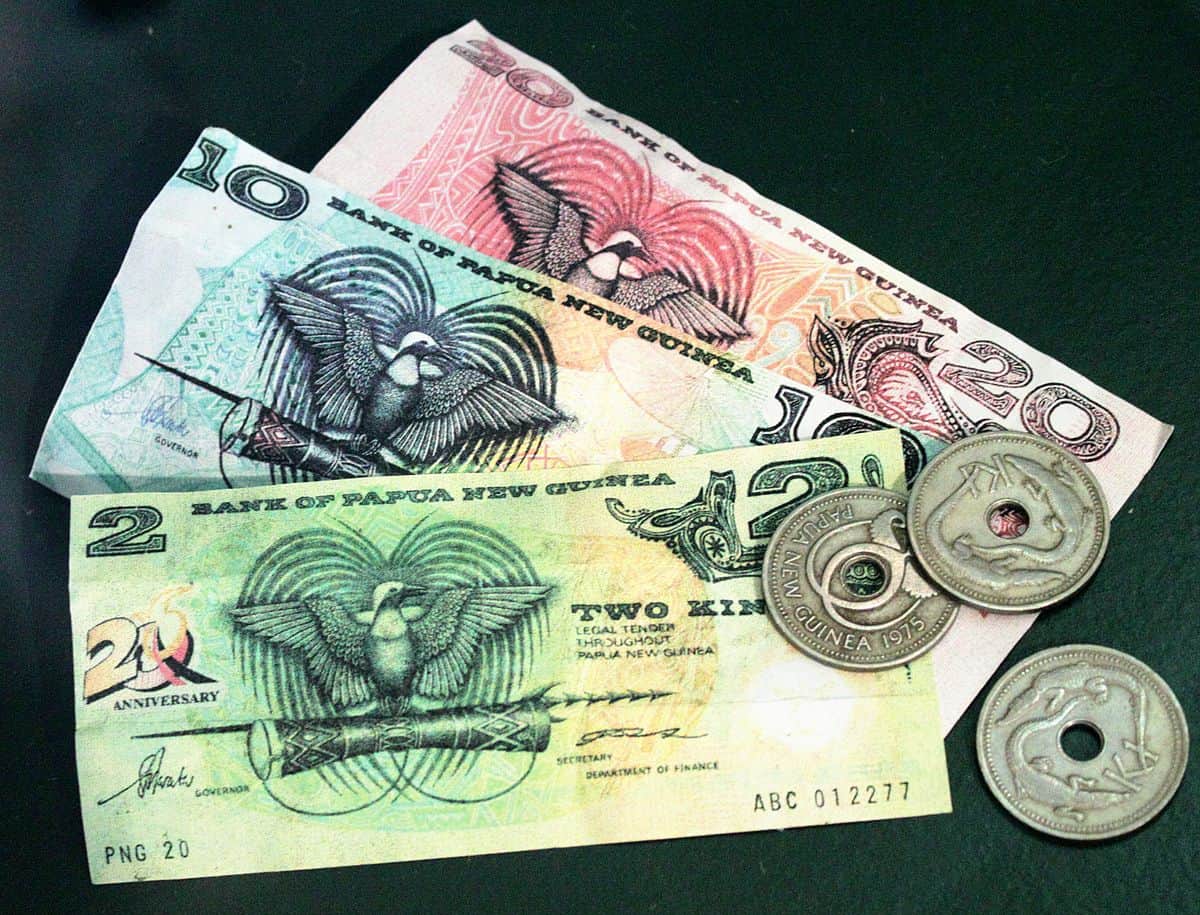More than K500 million (US$127 million) of public funds expended to deliver Apec 2018 in Port Moresby could not be properly audited because of poor or no records, the Papua New Guinea auditor general has reported.
His report into the accounts and records of the Apec Papua New Guinea 2018 Coordination Authority for the fiscal years ended 31 December, 2015: 31 December 2016: 31 Decemeber 2017: 31 December 2018 and 31 December 2019 was completed with great difficulty as a result.
In his report submitted to the prime minister in March 2021, Auditor-General Gordon Kega issued a disclaimer that “I was not able to obtain sufficient appropriate audit evidence, and accordingly, I am unable to and do not express an opinion on the special purpose financial report of the Apec Papua New Guinea 2018 Coordination Authority” for each of the year under audit.
His report was presented to the Parliament speaker in April 2021.
Lack of sufficient and proper supporting documents made it difficult, Kega said, to offer proper opinions of expenditures by the Department of PM and National Executive Committee of:K331,025,203 (US$84,364,599) in 2018;K128,552,700(US$32,762,790) in 2017; K23,215,895 (US$5,916,775)in 2016; and,K9,991,308 (US$2,546,373) expenditure in 2015.
The report indicates a litany of errors in the most basic records and accounts keeping which made it difficult for the AG to establish whether all expenditures were spent on the budgeted items.
As of February 2021, 109 of 492 vehicles used for Apec 2018 meetings operations were still in the hands of individuals.
A total of 257 vehicles were distributed to public and statutory bodies, provincial and district government arms, non-government organisations, hospitals and other charitable organisations.
Kega was unable to comment on whether actions had been taken by the Finance Department in recouping the 109 vehicles from the individuals and whether they had been properly disposed of through the public tender process.
Last week, 33 of the 40 Maserati cars bought for K500,000 (US$127,429) each in 2018 were advertised to be auctioned.
Of similar examples cited, the AG made the following observations:
*Cash receipts and payments of the authority were missing for third-party payments for the construction of Apec Haus, the Paga Hill Ring Roads and the International Convention Centre. There was no evidence that the Apec Authority had a set of policies and procedures manual in place for safe-guarding its daily operations, spending and compliance with all relevant acts;
*The value of Apec Haus built by Oil Search Limited under tax credit scheme was not appropriately disclosed in the financial report. Further, K100 million(US$25 million) paid by the State as contribution for the construction of the Hilton Hotel purposely built for the Apec events was not disclosed in the financial report; and,
*Some invoices which would have exceeded K500,000 (US$127,429)were separated into smaller amounts possibly to slip under the approval limits for the purpose of facilitating the approval and payment processes. The practice circumvented and breached requirements under the Public Finances (Management) Act 1995 (as amended).
“Throughout the audit, I faced significant delays and difficulties in receiving the requested documentations,” Kega said.
“At the time of this report, a number of underlying documents and information requested are still outstanding.
“As such, I was unable to determine whether the Authority had the necessary human resource capabilities employed to effectively and efficiently run the Authority.” He said the management of the Apec Authority at the time did not agree with the claim that it did not meet its reporting obligations and that operational plans and budgets were prepared during the lead-up to Apec 2018.
